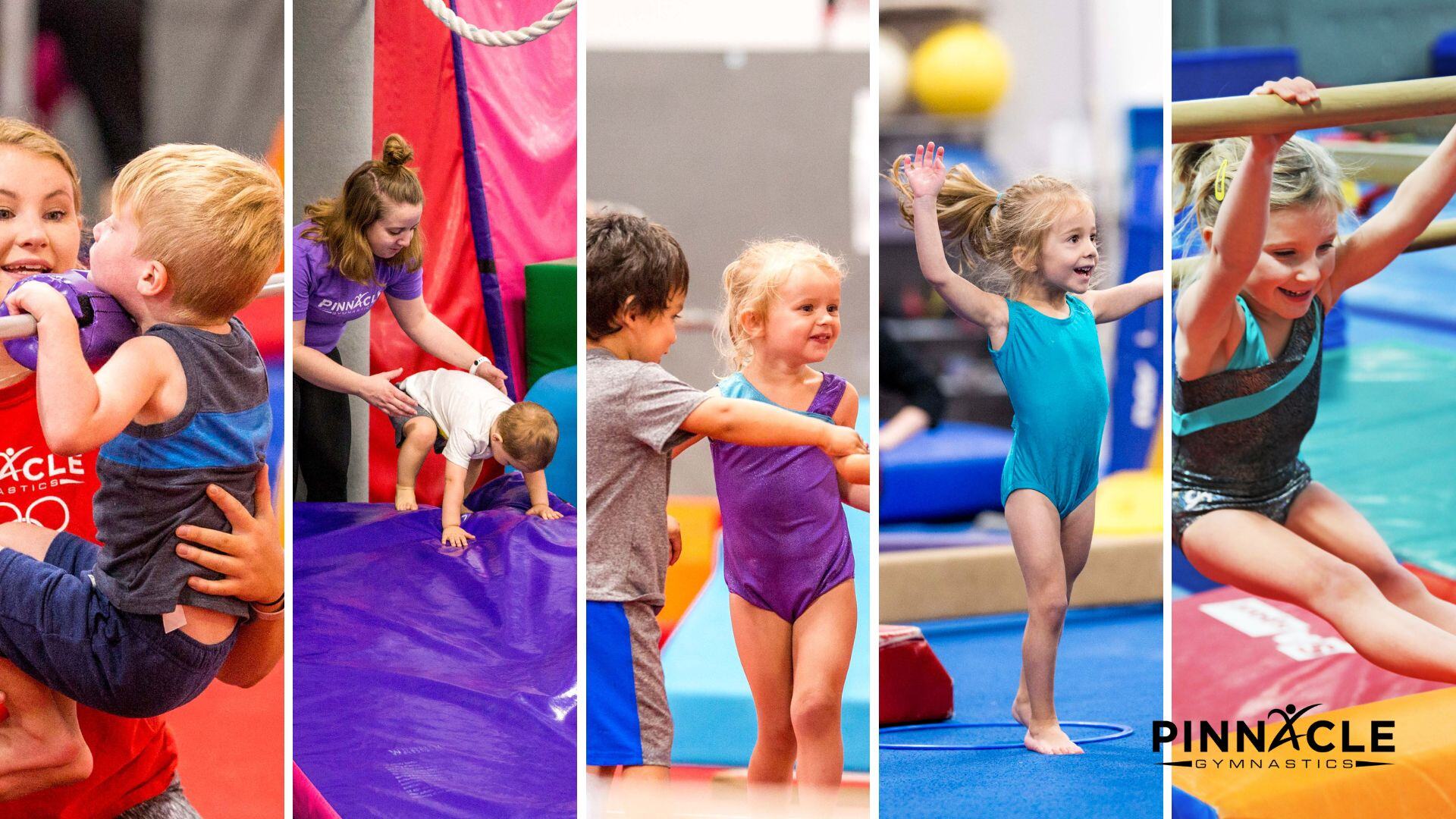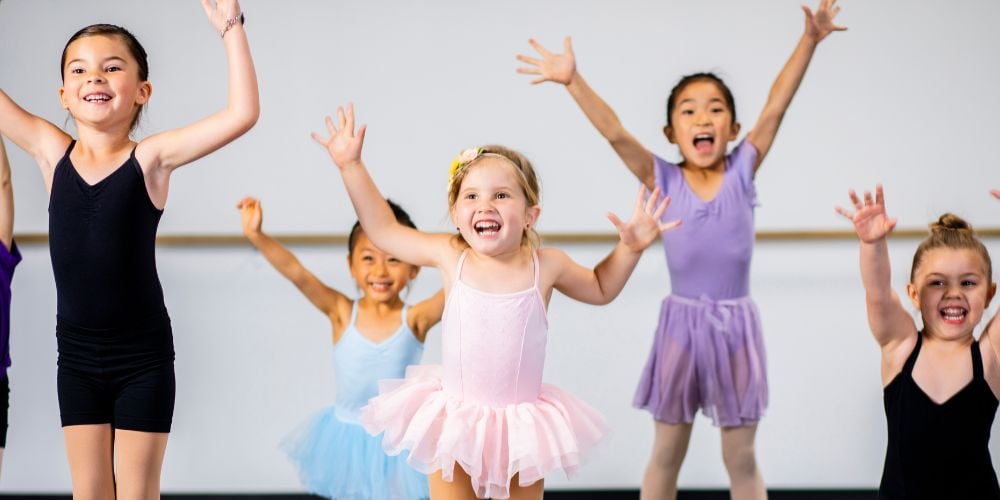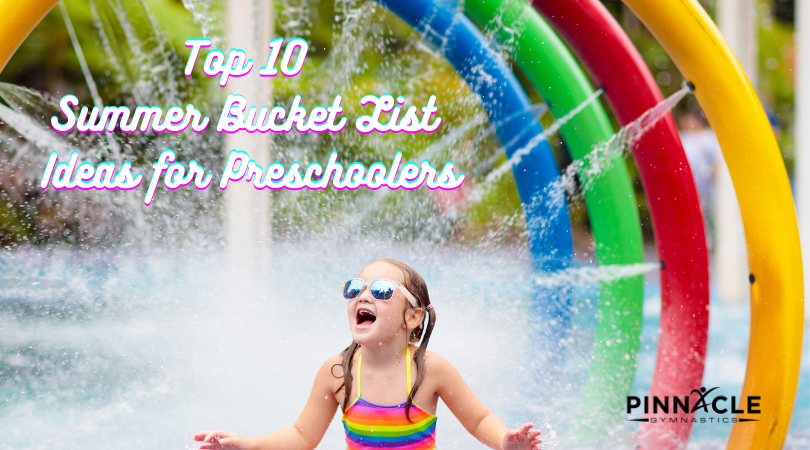Play based preschool is quickly becoming the new way of the future. This fun, interactive way of learning has been slowly becoming more popular throughout various types of preschools. Check out below for all you need to know about this new way to teach preschool children!
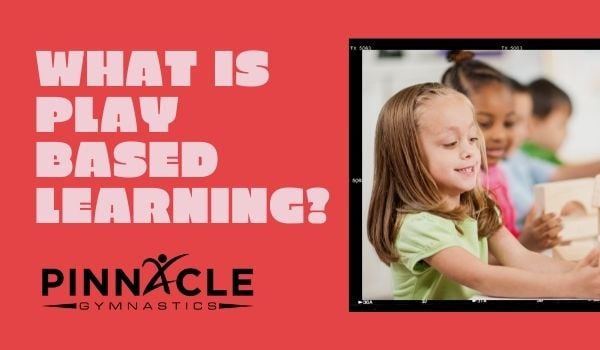
What is "Play Based"?
You may be wondering, "What is play based preschool?" According to the doctors at Imagination Station, "In a play-based or child-centered preschool program, children are able to choose activities based on the current interests. Learning activities such as creative arts, literacy, numeracy, social studies, science, etc. are presented to children through play." Children are often allowed to explore and learn at their own pace, choosing what they are interested in learning that day. Also, many play based classrooms will run fun themes throughout the day, giving the children a fun, interactive focus for the week or month of the theme.
Why a Play Based Classroom?
It is all in the science behind the preschooler's brain. A preschool child's brain is wired to discover and explore, not sit and absorb information. When your child is in a teacher-led classroom, that teacher is asking your preschooler to go against what their brain is wired to do. The true attention span of a child at this age is a max of four minutes, which is only a fraction of any lesson a teacher might lead. This causes children to only take in a few minutes of the lesson, followed by unfocused learning while the teacher is leading.
In a play based classroom, the teacher will use the four minutes of focus time to help explain the centers and areas to the children. Often in a play based room, centers are presented to children as a challenge of the day "such as trying to use various materials to build a house with 5 rooms" and then the children are allowed to explore and create however they would like. This allows your preschooler to switch their focus from activity to activity, which works with their attention span and ultimately provides more learning time.
Along with attention span, the preschooler's brain is built to explore. The world around them is still changing and new, so they are wired to take it all in and see what happens. By fostering this instinct, you are allowing the children to take the challenges and go bigger and further than any teacher would ever plan. The children will utilize basic STEAM (science, technology, engineering, art, and math) skills to solve these challenges and develop a strong foundation for their later educational years.
Beyond the brain, play based schools also develop social and verbal skills. Various studies show that preschoolers in a play based classroom consistency test higher on both social and verbal skills. Many attest these findings to the group activities the play based classrooms foster. When working with peers, many students are more willing to try new things and use new words. This encourages stronger language and social skills, something that will help children excel as they continue through their education.
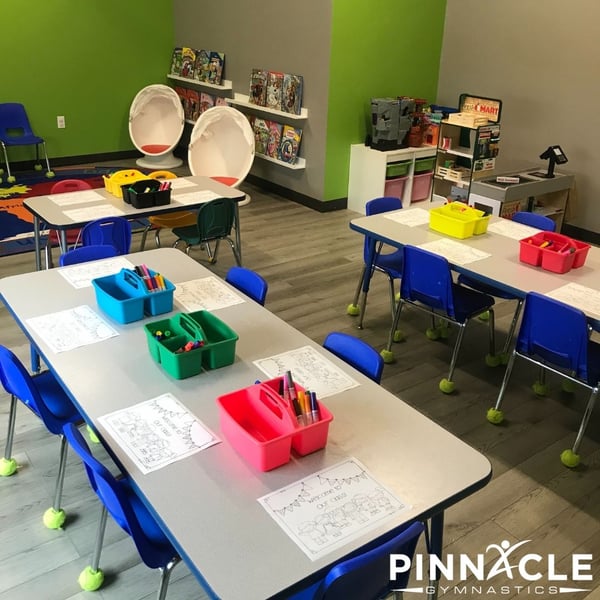
What Does a Play Based Classroom Look Like?
When you first step into a play based classroom, it might look like organized chaos. It is a bit different than a traditional classroom, where students will be moving in different directions while the teacher is bouncing from one area to another. In fact, what you are seeing is learning. Students are enjoying various centers that will touch on several different academic areas while grounded in play areas. You may see a sensory bin, art stations, building and manipulative areas, dramatic play, library, and more! In a strong play based classroom, the teacher has worked hard before class to make sure there are letters, numbers, shapes, math, colors, etc. worked into these stations. As you spend more time in the classroom, you will start to see these items within the room and how the children are working and learning at their stations.
Play based preschool is a newer way of learning, one that strays from the traditional classroom setting. It may look unorganized, but it is actually an orchestrated set of stations and activities to help children learn the way their brain's are wired to learn. By meeting children where they are, this allows children to grow and develop in an environment that is made for them instead of trying to get them to conform to a classroom they are not ready for. Play based is a fun way for your child to develop and be ready to succeed for years to come!
Learn More:

